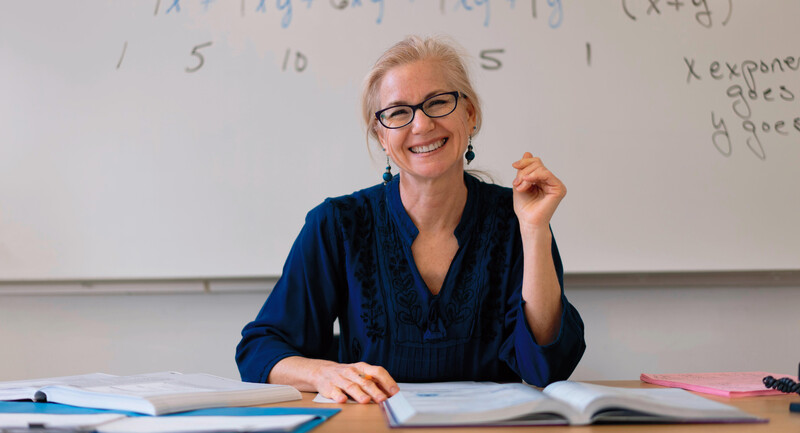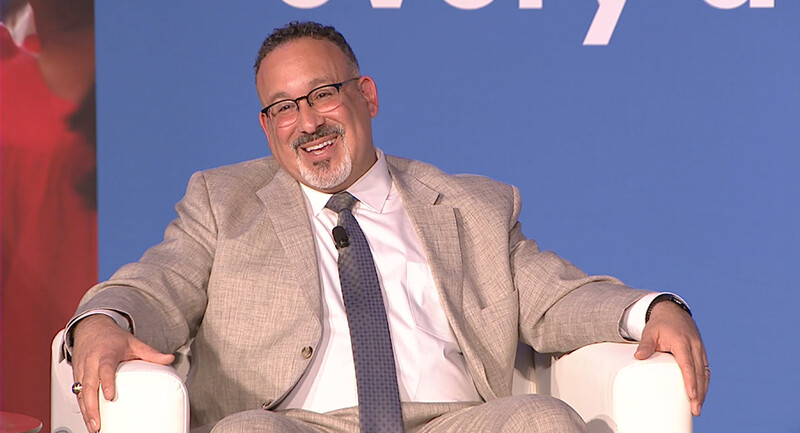The metaphor of public education as a factory is a common trope. In an industrial model, schools are factories designed to mold students into graduates, ready go to be shipped off to colleges or careers. Teachers, then, are like assembly line workers- each successive year adding another part that will total up to a graduate at the end of 12 years. It is little wonder that teachers are sometimes regarded in the public sphere as deserving of low pay and little praise; they are just another line-worker. When schools fail to churn out products that meet strict quality control measures, the public’s response is to replace or repair the machinery (schools) and fire the operators (teachers). Moving beyond this factory model requires the creation of new models of education that inspire students to think, to act, to choose, to create, to engineer, to aspire, and to inspire – and many of us are deeply engaged in the pursuit of this goal. But an evolution of schools requires an evolution in teacher roles. Teachers must engage their professional voice so that they can play a vital role in shaping both the present and the future of education, because if teachers don’t speak up for themselves and their students, others will.
It is a sad American reality that teachers are tasked with an enormous responsibility to prepare the next generation but are rarely trusted to make decisions or provide input about education. During a ten-month span in 2014, just 9% of guests on three major American cable news networks discussing education policy were actual educators (Tone, Power, & Torres, 2014). Educational researchers note that it is curious how infrequently teachers’ voices, opinions, and visions are included in studies about improving teachers’ work (Duke, Konold, & Salmonowicz, 2011; Dunaway, Kim, & Szad, 2012; Hammerness, 2011 and many others). Teachers are frequently the topic of discussion because teachers matter however it’s often easier to talk about changing the teacher than it is to talk about how we change the teaching.
The public can’t shoulder all of the blame though. Teachers self-report that they rarely engage policymakers in discussion of education, employment, or policy; whether individually or collectively, directly or indirectly through email, participation in representative bodies, surveys, or other methods of communication (Gyurko, 2014). If educators don’t speak up and advocate for our students and our profession, we can’t blame other people for not acting in the best interests of public education. Legislators, school boards, influential business and organizational leaders view professionalism through the lens of order; whereas many teachers view professionalism through the lens of creative responses to challenges, the importance of relationships, and freedom of choice (Olivant, 2016). Both ends of the spectrum – control and creativity- seek the same outcome, a quality education for all children, but define and measure success in different ways. The challenge is to find the balance between these divergent approaches. We can’t find that balance if we don’t join in the conversation. The way to change the expectation that a teacher’s role in the bureaucracy is to implement decisions made by those higher up is to be more involved and engaged in suggesting and making decisions.
Teacher voice matters. The 2016 School Voice Report from the Quaglia Institute found that when teachers feel their voice is hear, they work harder than other teachers and are more satisfied in and hopeful for their careers. But less than 50% of teachers surveyed feel that their voice makes a difference in their schools and less than 60% feel safe in expressing their open and honest opinions. So, how do educators find and develop your voice in safe and productive ways?
5 actions for educators to take in 2017.
Here are five bold suggestions for actions that educators can take in 2017 to use our voices
- Teachers, use the principles of “think global, act local.” Engage with and learn from a wide PLN. Bring those ideas back to your campus through your PLC, committees, presenting to your colleagues, or casual conversations around the copier. I know no one really wants another meeting but now is a great time to honestly reflect on your level of participation in the groups you’re in. Rather than seeing this as one more obligation, how can you reframe every meeting as an opportunity to use your voice and support the voices of your colleagues?
- Leaders, how can you include more voices in your meetings and committees? Are you open and brave enough to hear all of the voices, even if you don’t agree with them or like what they have to say? Remember that there’s an element of truth and something to be gained from every point of view, don’t just surround yourself with your own Hallelujah chorus.
- Join an organization. If you’re not already part of a professional organization, join one. If you’re part of one already, join another or a local or state affiliate. Combined voices are louder and harder to ignore.
- Get active in leadership. While serving on committees and boards can sound daunting, it usually isn’t as tough a gig as you’d think and the rewards are well worth the sacrifice. Remember that every right and privilege we now have was won by the sacrifice made by someone before us, what are we doing to protect and promote the future of our field?
- Every voice and every action matters. There are more than 3 million full-time teachers in the US, and that’s not even counting part-time, aides, administrators, or other education professionals. There are less than 8,000 state and federally elected legislators. Take 15 minutes to call and speak with the education staffer in your state or federally elected official’s office about how their mandates impact your kids. Think of the impact our voices would have if even half of educators committed to making one phone call.








